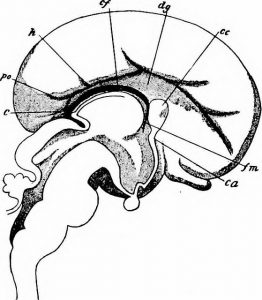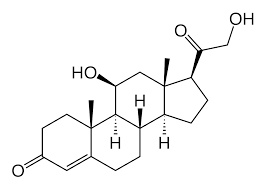If you are a university student or a human being for that matter, you know how it feels to be under an overwhelming amount of stress. Chronic stress, as many may already know, can be detrimental to one’s mental and physical health. Long-term exposure to emotional pressure can lead to elevated blood pressure, heart disease and depression.

Source: Flickr Commons by Emma Brown
Although it would be great if we could be lounging around on a resort far far away from deadlines, exams, and responsibilities, researchers have found that stress at acute levels can actually be beneficial to one’s cognitive function and immune readiness.
Note that chronic stress is referred to as the response to emotional pressure suffered for a prolonged period of time whereas acute stress is stress one suffers for only a short period of time.
Scientists at UC Berkley have put this to the test by using rats as test subjects to see if short-term stress really could lead to a boost in cognitive function. They found that after subjecting the test subjects to acute but short-lived stress, this caused a spike in the rat’s corticosterone levels which also led to the development of new cells in the hippocampus, an area of the brain associated with memory function. The researchers discovered that two weeks after exposure to acute stress, the test subjects performed better on a memory test compared to the test subjects that were not exposed.

Source: Flickr Commons

Source: Wikipedia
Not only is there a correlation between acute stress and memory function, but researchers at Harvard University found that the same hormones released during acute stress can aid to enhance immune readiness during ‘fight or flight’ situations which led the subjects to be more alert as well as be more attuned to possible environmental threats. Some examples of possible triggers for acute stress include preparing for a job interview or being involved in competitive sports, whereas examples of triggers for chronic stress include being in a bad relationship or being stuck in a job that you dislike for a long period of time.
Although acute levels of stress can be beneficial for some individuals, one’s personal experience is a big factor in determining whether a response to stress, even at low levels, can lead to positive or negative effects. For an example, if a person was to have a history of post-traumatic stress disorder, even stress at low levels can trigger a negative response.
The takeaway message is that although too much stress can lead to adverse consequences to one’s health, the right amount of acute stress can improve brain performance. Therefore it is definitely worth figuring out where your own optimal stress level lies.
If you are still experiencing stress after reading this post here is another way to make stress your friend.
Source: https://www.youtube.com/watch?v=RcGyVTAoXEU
Author: Jasmine Hyun
